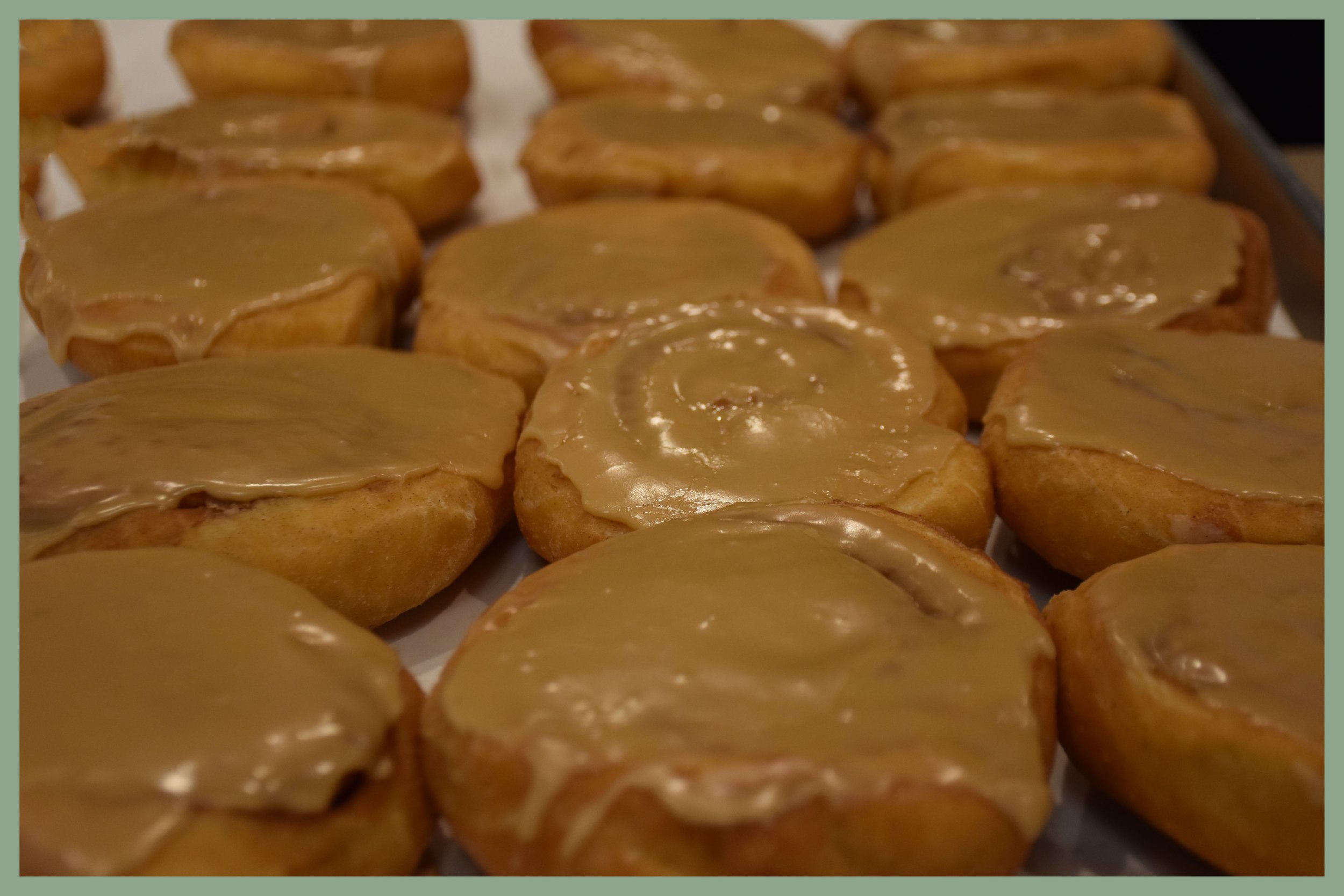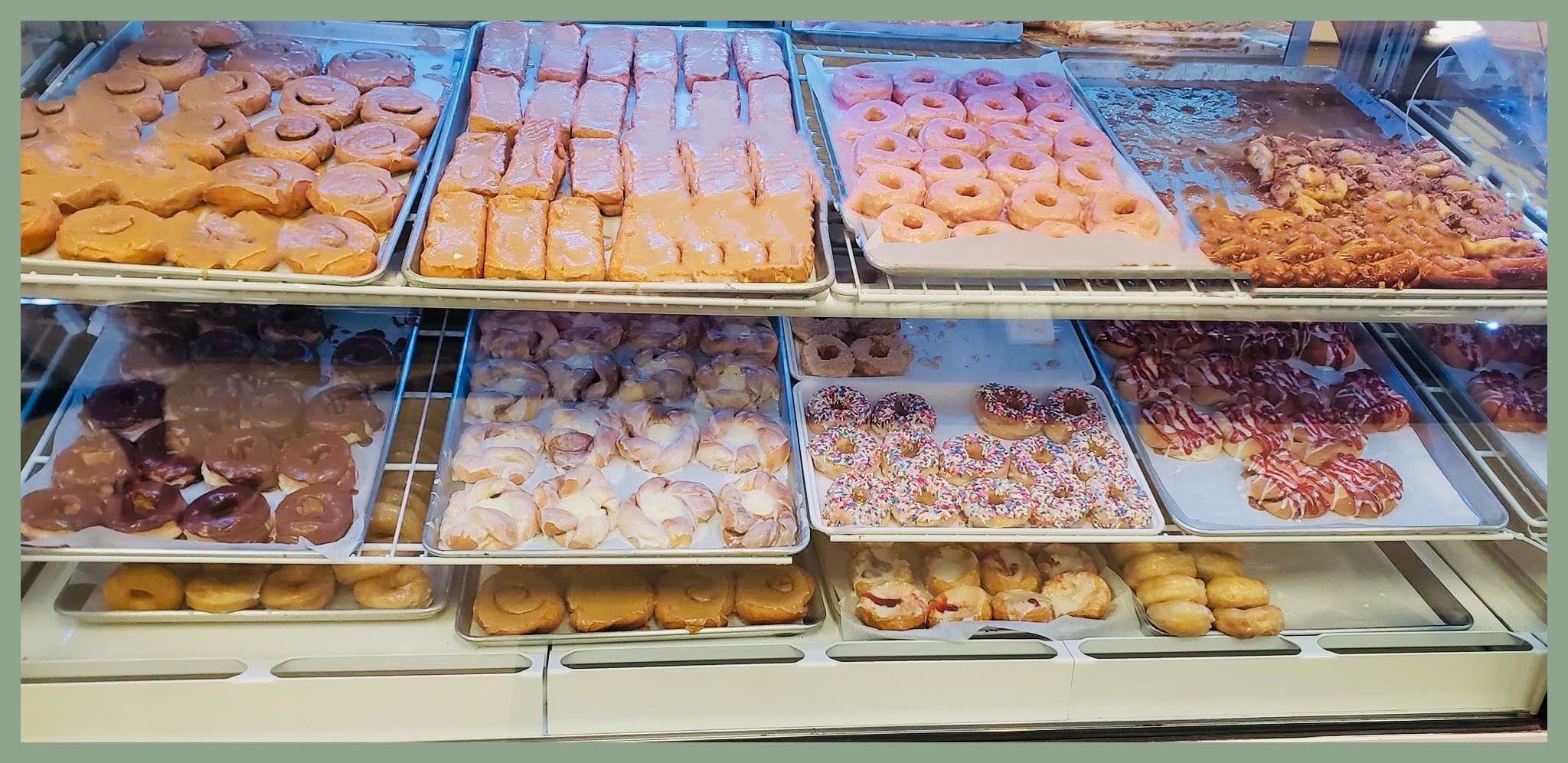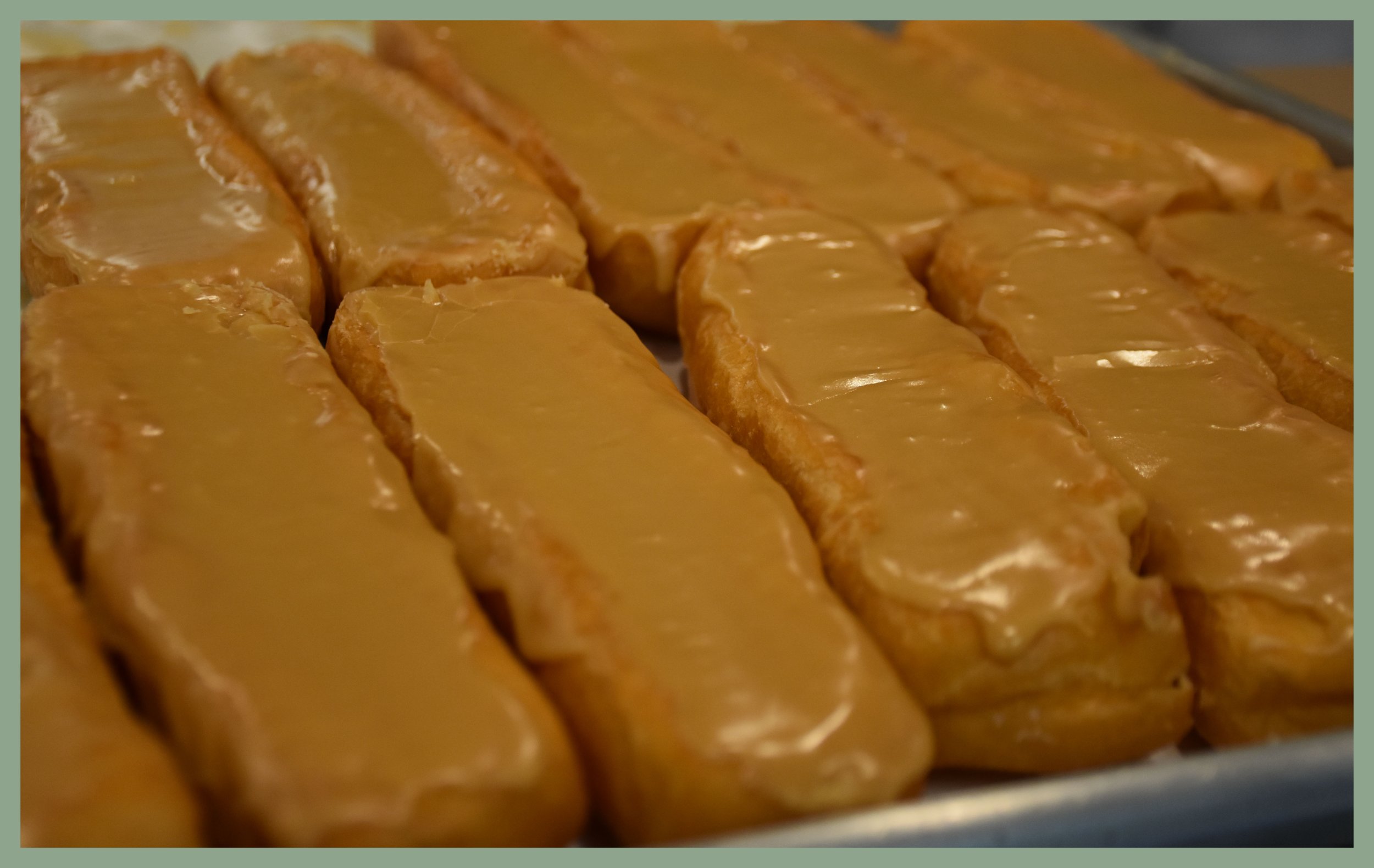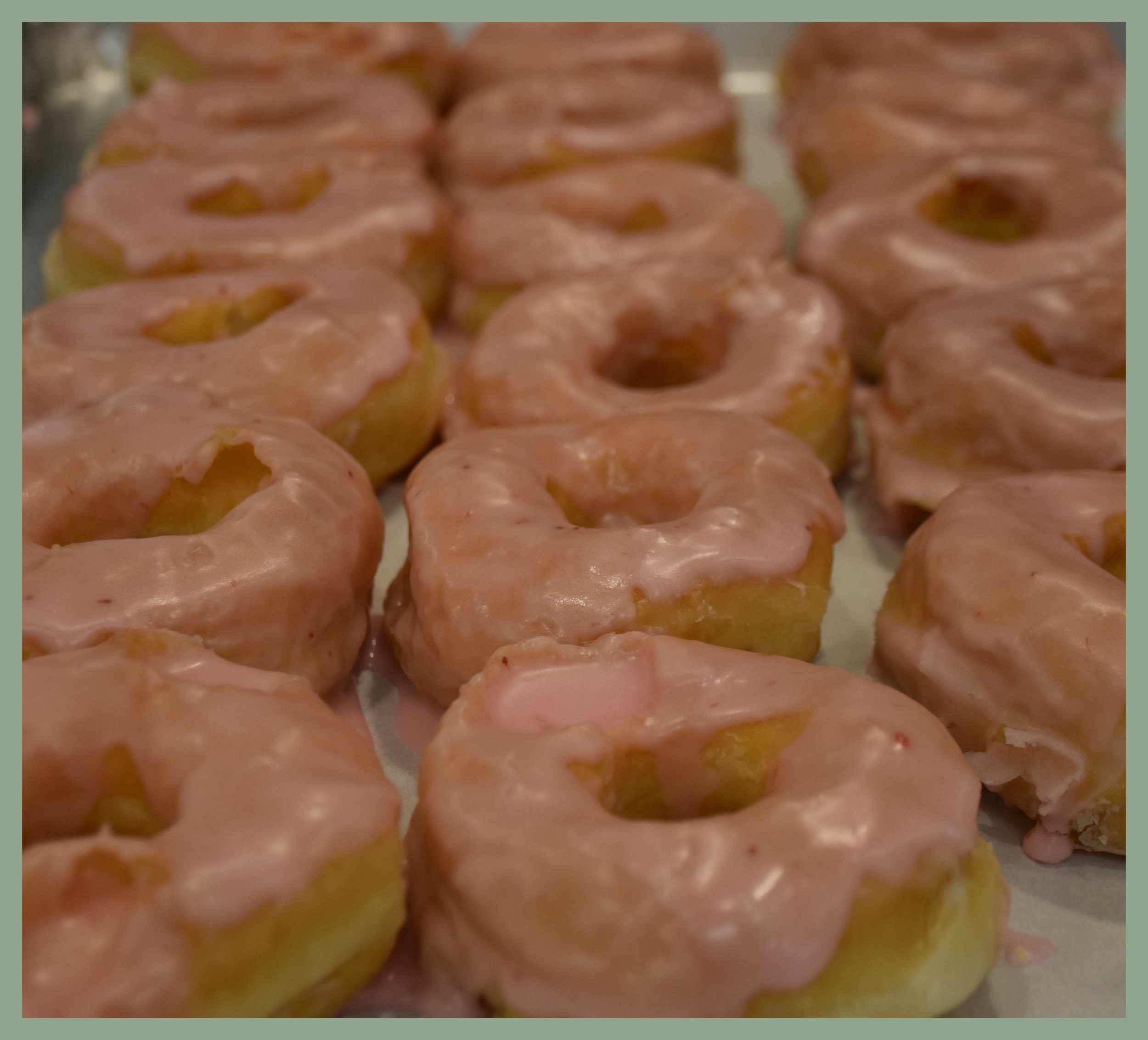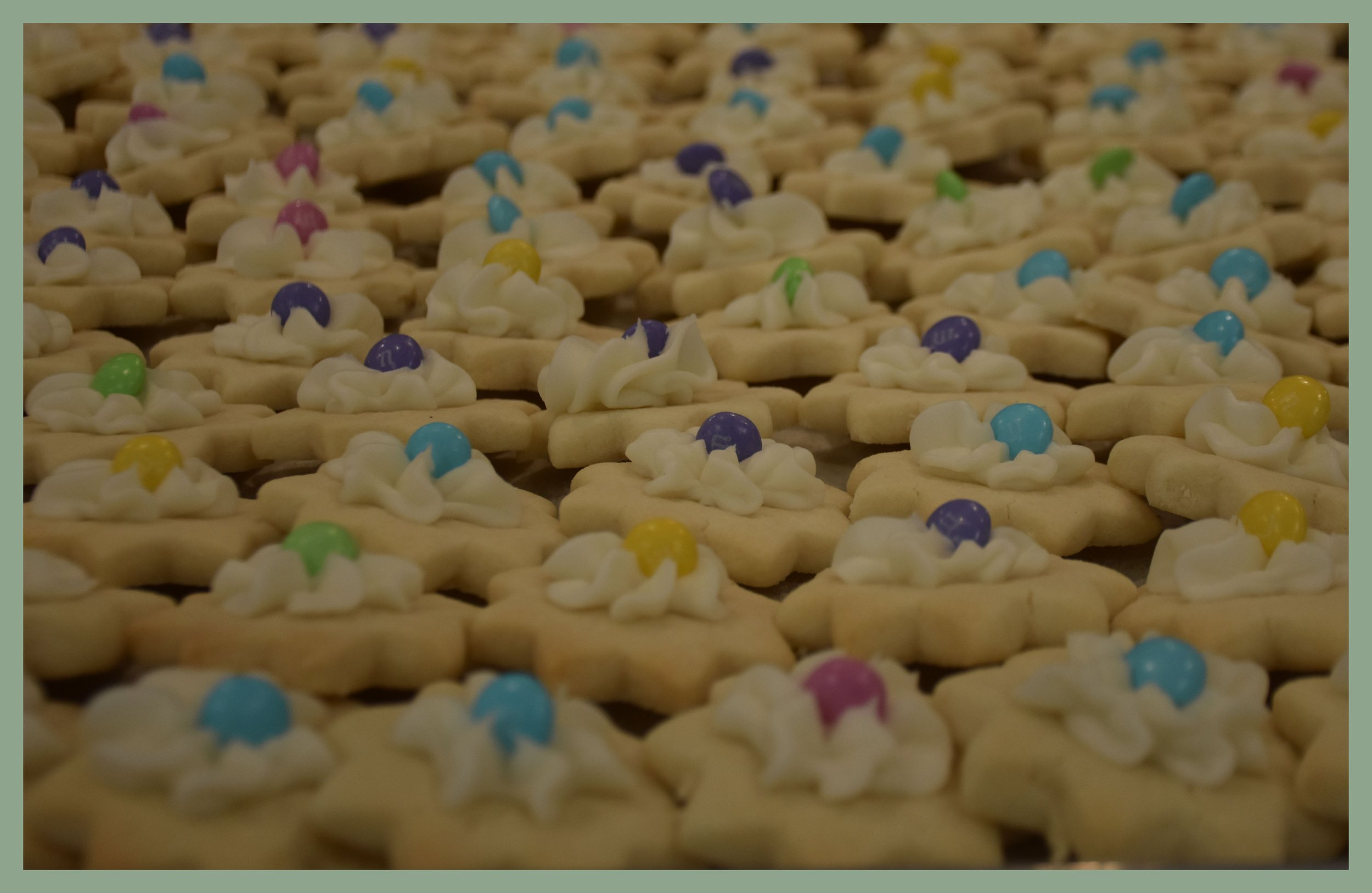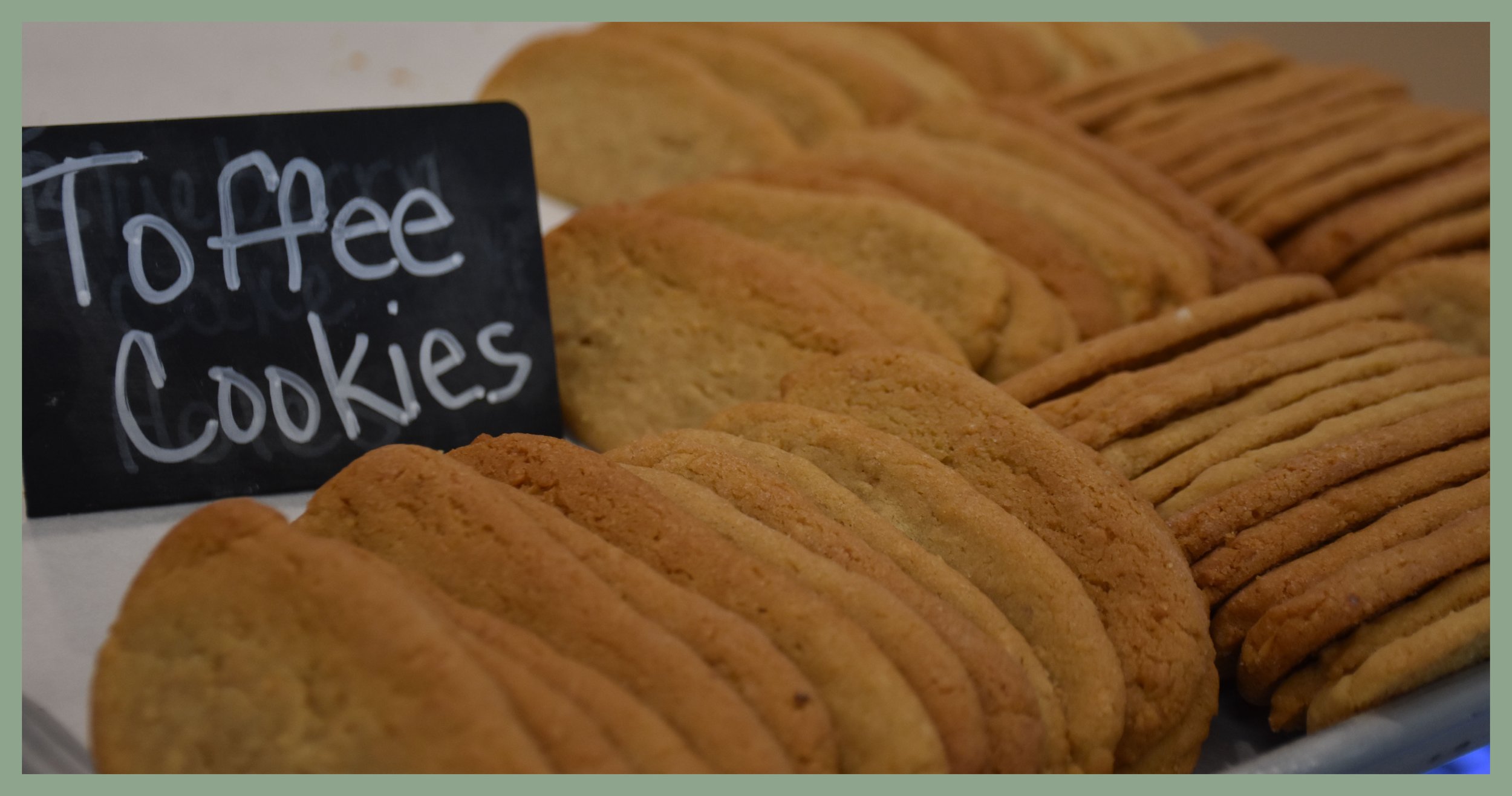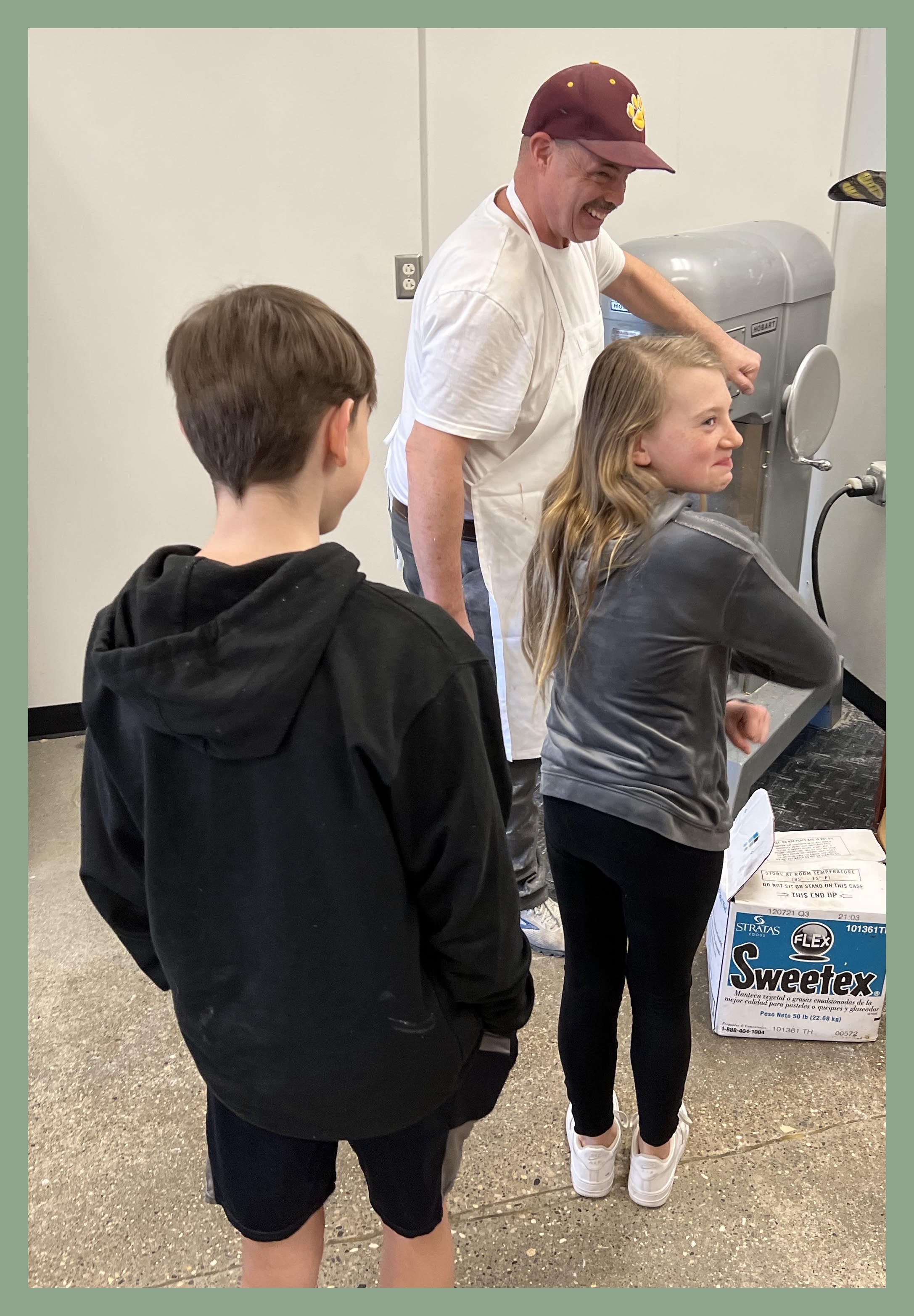I have heard a statement credited to a great theologian that went something like this:
"The longer I live, I find I am believing fewer and fewer things but believing them with greater and greater intensity." Bill and I have quoted that statement often because it has become so true in our own lives.
As new believers, it seems we have rigid ideas about everything. We are often very quick to make rules for others, to have ready prescriptions for what "they" ought to do. Sometimes we're very hard on ourselves, too, and feel as if every failure is fatal. How beautiful it is to learn that grace isn't fragile, and that in the family of God we can fail yet not be failures. We begin to learn that the particular paths God leads us along are tailored for our personal growth in Him and that He can lead others, too. What a freeing relief it is to discover that we are not responsible for someone else's growth but are called only to love, encourage, and be fellow pilgrims along this journey! We learn that there are fewer absolutes than we once thought, but that those absolutes are more absolutely worth dying for than we ever could have imagined.
Bill and I have never been very attracted to playing it safe with life. A life worth living should be one of reckless abandonment to something worth abandoning oneself to. Bill says it this way: "I'm more than halfway through this life, so I should be more than half used up. And if I'm not, then what in the world am I saving myself for?" Perhaps the most important and all-encompassing words Jesus said are these: "Whoever would save his life will lose it, and whoever loses his life for my sake will find it." (Matt. 16:25 RSV)
Not long ago we sat down to make a list of those things that were, at this stage of our lives, worth everything. Our list was very short.
This list became a song we called simply "That's Worth Everything.” We have discussed this list in our family and applied it in many ways. Our daughter wanted Bill to sing this song at her wedding as she started a new home with the man with whom she had chosen to spend her life. I don't know how Bill got through the song, but somehow he did.
When trying to prioritize our time and energies, it has been helpful for all of us to ask ourselves and each other, “Will it last forever? Does it have any eternity in it?" Or the way I phrase it for myself is: "Think 'forever!'" People are forever. Relationships are forever. God's Word will endure forever. But the "forever" list is short indeed.
When Bill and I breathe our last breath and leave behind whatever we have done with our days, I hope this epitaph will ring true: "They gave themselves away for things that last forever." If that could be the case, then the "eternity" we've recognized and embraced here will simply open into the eternity we will embrace there, and we will be at home in the familiar presence of Him who is Alpha and Omega, the Beginning and the Ending, the First and the Last. And that will be worth everything.
THAT’S WORTH EVERYTHING
Some men will trade the warmth of home and friends
For just a taste of fame;
Some men will risk their reputations
That men may know their name;
But just to know that all is clear between
My soul and God's dear Son,
And hear Him say, “Well done,”
Oh, that's worth ev'rything.
To know when tiny feet walk in the path
That I have left behind,
That they will make their way to Jesus,
Contentment there to find;
And just to know down deep within my heart
That I have wronged no man,
To fit my Master's plan,
Oh, that's worth ev'rything
Just to know the future's His forever,
Just to feel the freedom of a child;
Just to know the past is gone and sunshine's here to stay,
And He is Lord of all,
Oh, that's worth everything
Lyric: William J. and Gloria Gaither
Music: William J. Gaither
Copyright © 1974 by William J. Gaither. All rights reserved.































